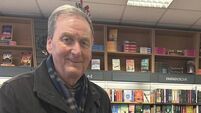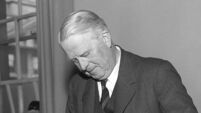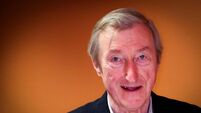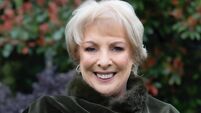Book review: Grievances undiminished by time
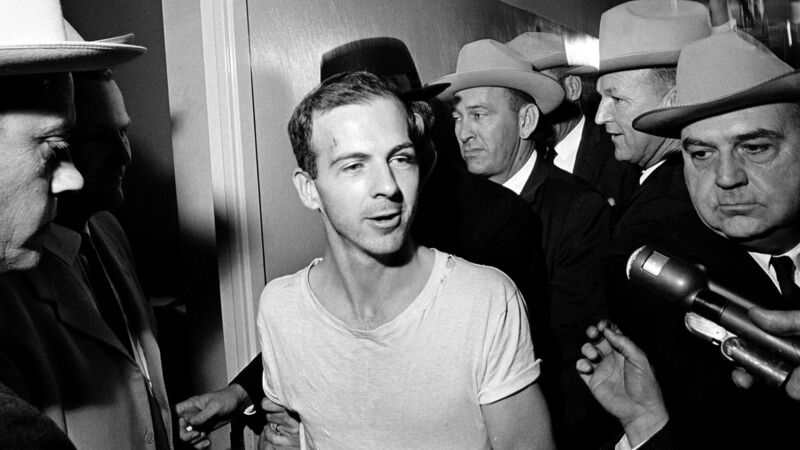
Surrounded by detectives, Lee Harvey Oswald talks to the media as he is led down a corridor of the Dallas police station on November 23, 1963, for another round of questioning in connection with the assassination of US president John F Kennedy. File picture: AP
- That Day in Dallas: Lee Harvey Oswald Did NOT Kill JFK
- Robert K Tanenbaum
- Regnery, £23.99
BOOKS & MORE
Check out our Books Hub where you will find the latest news, reviews, features, opinions and analysis on all things books from the Irish Examiner's team of specialist writers, columnists and contributors.

